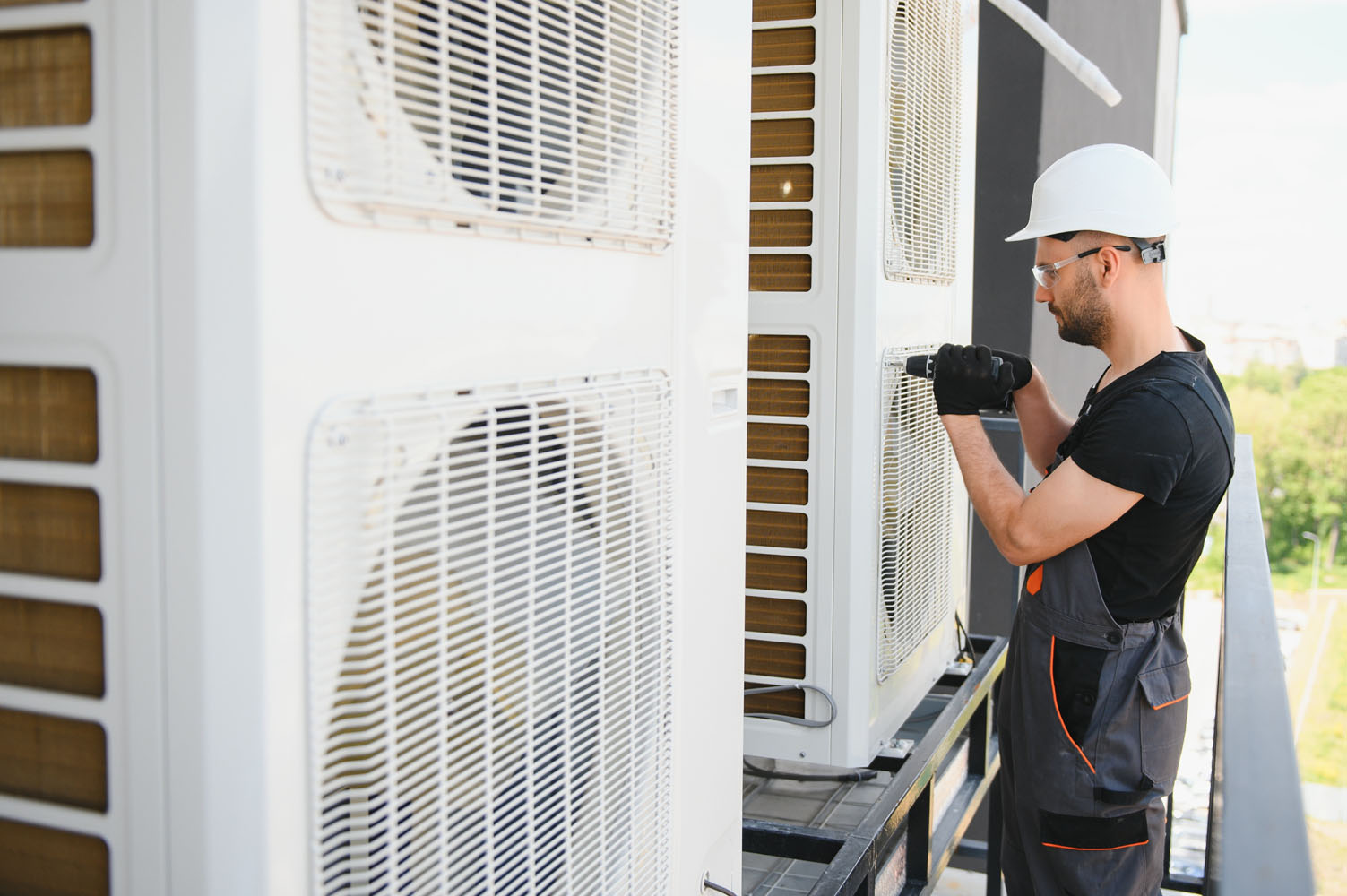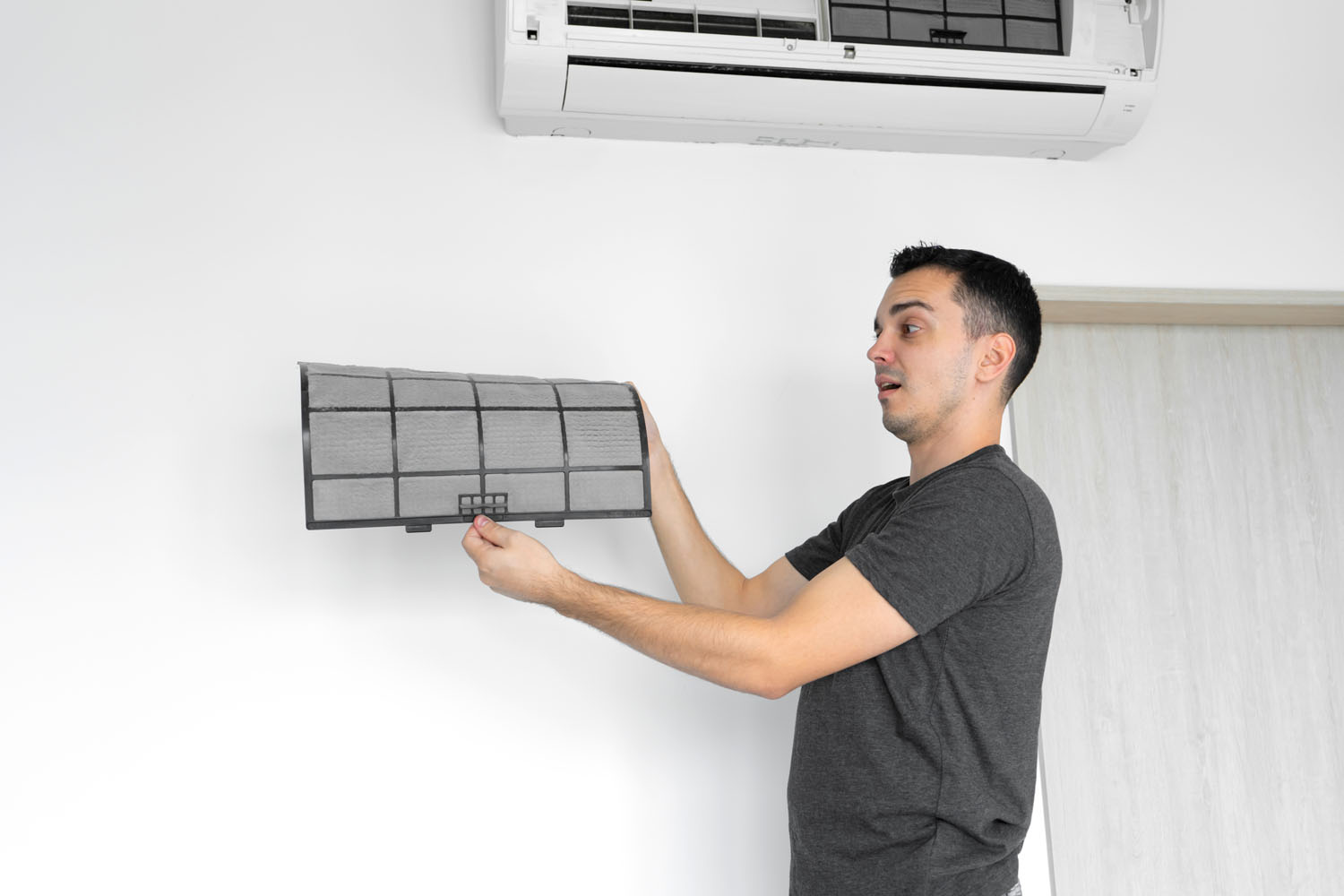As concerns about climate change grow, more homeowners are looking for ways to reduce their carbon footprint. One of the most effective ways to achieve this is by upgrading to a hot water heat pump, which offers a more sustainable alternative to traditional gas or electric water heaters.
How Heat Pumps Reduce Carbon Emissions
Hot water heat pumps use renewable energy from the environment—either air, ground, or water—to heat your water. Unlike gas heaters that rely on burning fossil fuels, heat pumps transfer heat, using only a fraction of the energy required by traditional systems.
By using less electricity and eliminating the need for gas, hot water heat pumps reduce the greenhouse gases emitted by your household. Over time, this can significantly lower your carbon footprint and contribute to global efforts to combat climate change.
The Role of Renewable Energy
One of the biggest advantages of heat pumps is their compatibility with renewable energy sources, such as solar power. If your home is equipped with solar panels, you can power your heat pump with clean, renewable energy, further reducing your reliance on fossil fuels.
In Victoria, where solar energy is becoming increasingly popular, pairing a hot water heat pump with solar panels is a powerful combination for homeowners looking to minimize their environmental impact. It’s an investment that pays off both financially and environmentally.
The Bigger Picture: Carbon Reduction and Sustainability Goals
The Victorian government has set ambitious goals to reduce carbon emissions and promote sustainable living. By switching to a hot water heat pump, you’re not only saving money on your energy bills but also contributing to statewide efforts to reduce greenhouse gas emissions.
Conclusion
Hot water heat pumps are an excellent way to reduce your household’s carbon footprint and align with global sustainability goals. By using renewable energy to heat your water, you’ll save on energy costs while doing your part to combat climate change. Consider upgrading to a heat pump today and take a significant step toward a greener future.







